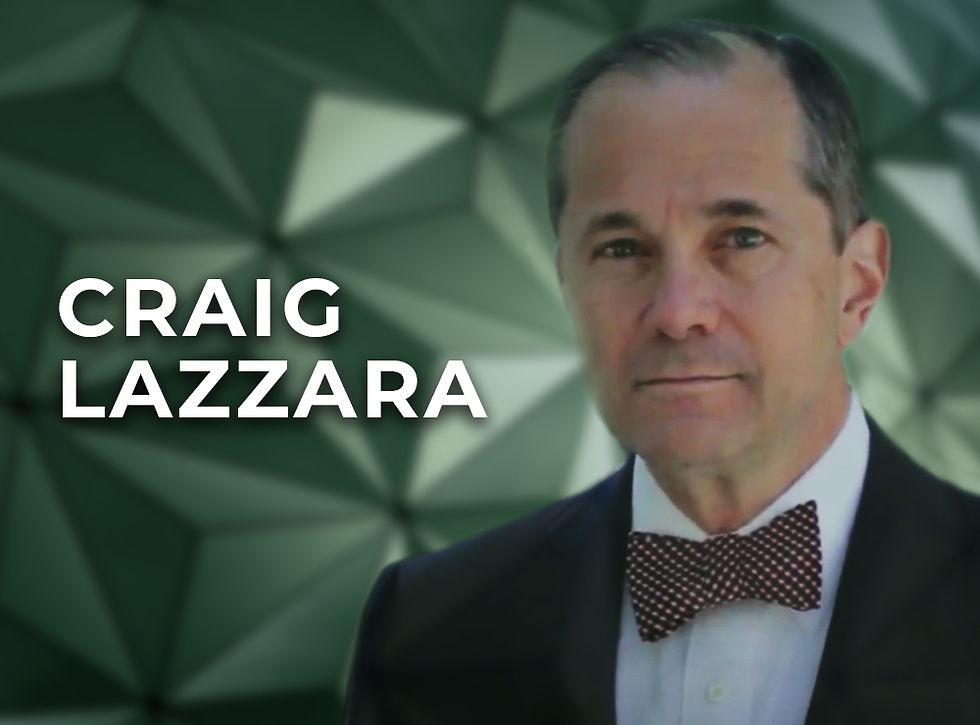How should an infallible vaccine for Omicron be priced?
- Robin Powell

- Dec 6, 2021
- 2 min read
Updated: Nov 18, 2024

By CRAIG LAZZARA
Over the past ten days or so, global financial markets have been roiled by the discovery of the “Omicron” COVID-19 mutation. It’s far too soon to know how much this new variant will impact the world’s economy — but its discovery suggests an interesting thought experiment in, of all things, corporate governance.
The experiment is this: suppose Omicron turns out to be very dangerous and leads to a series of draconian economic shutdowns. Suppose further that a pharmaceutical manufacturer “X” comes up with a miracle cure — a vaccine that’s easy to administer and 100% effective. How should X’s shareholders want X to price its vaccine? How, in other words, should X’s real-world invention produce financial “alpha” for its owners?
The answer depends on the nature of X’s shareholder base. Suppose that X is included in most major stock market indices, so that a large fraction of its shares are held by index funds. Then many of X’s stockholders are “universal owners” — they own not just X but many of X’s competitors, customers, and suppliers. The growth of indexing has attracted considerable commentary, not all of it favourable, but in the case of X’s Omicron vaccine, the impact of universal owners should be entirely benign.
Why? From a narrow perspective, X should charge quite a lot for its vaccine, since it’s obviously worth a great deal. But from a universal owner’s perspective, X should give the stuff away (or at least sell it for marginal variable cost, which would be close to the same thing). X might well lose money, but an effective and plentiful vaccine would arguably cause the whole market to move upward sharply. Index funds would profit far more from the beta effect on their portfolios than from the alpha on a single stock.
Notice three things:
This argument is not altruistic. It may well be “socially responsible” for X to give the vaccine away, but that’s not why universal owners are putatively for it. The argument that they should disregard X’s profitability to boost the world’s stock markets is misguided.
Sufficiently diversified active managers have the same incentives as index funds. A given active manager might have an overweight in X, but it probably wouldn’t be big enough to negate the advantage of a general bull market.
The relevant balance of control at X is not the percentage ownership of individuals versus institutions or even of active managers versus index funds. The most important distinction is between the relative ownership of universal versus undiversified owners. “Undiversified” is a broad and relative term, of course, but might include concentrated “high conviction” active managers and hedge funds. And the most obvious group of undiversified shareholders, interestingly, is the management of the corporation itself.
For a universal owner, things that make the market rise are beneficial. This tautology has important implications for corporate governance and stewardship. And it means that, at least in some cases, rewards should come from beta, not from alpha.
© The Evidence-Based Investor MMXXIV. All rights reserved. Unauthorised use and/ or duplication of this material without express and written permission is strictly prohibited.



